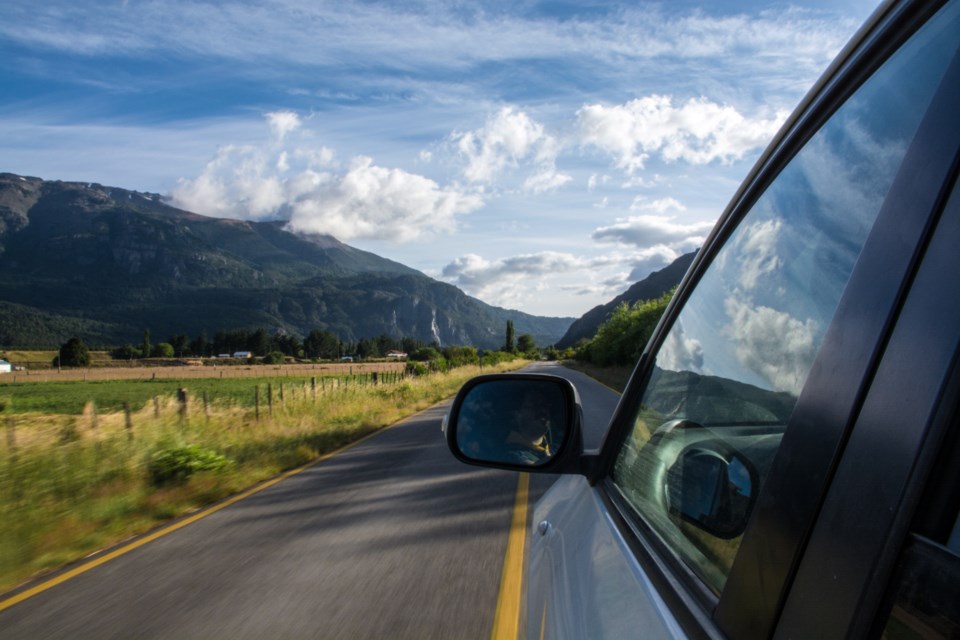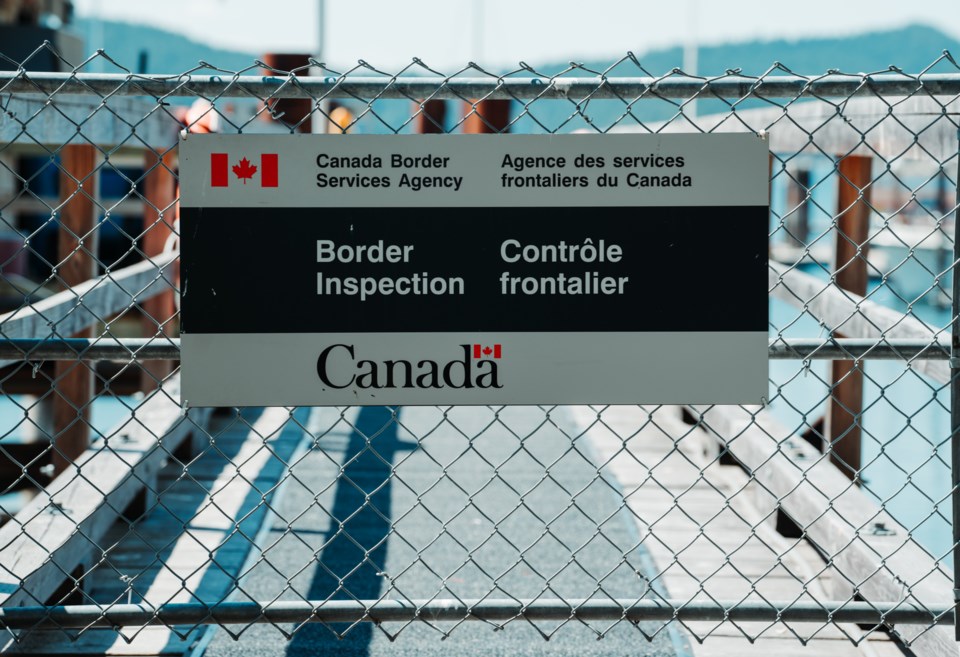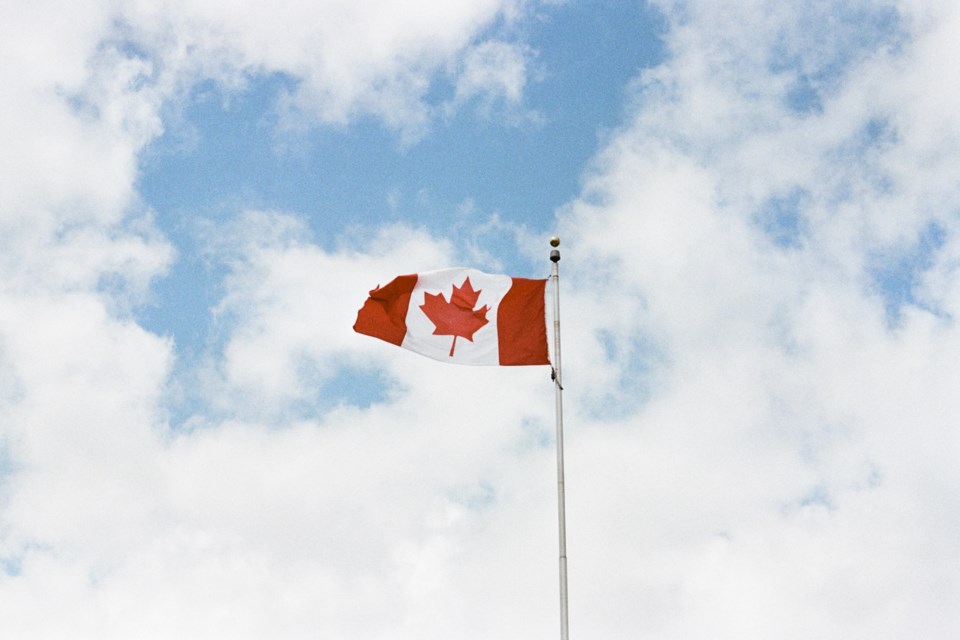Canada Day is just around the corner, and if you plan to spend the long weekend across the border, the Canada Border Services Agency (CBSA) has some valuable advice to ensure your journey is hassle-free.
Before you travel, plan ahead:
- Check border wait times and expect delays:
- Early mornings are the best time to cross the border to avoid wait times
- The Mondays after holiday long weekends tend to be the busiest.
- Consider an alternative port of entry with shorter wait times or less traffic.
- Check the port of entry’s hours of operation on the official CBSA Directory of Offices and Services
- If you are using a GPS application (such as Google Maps, Apple Maps or Waze) to direct you to a port of entry, consider checking different navigation options (such as fastest and shortest routes) to determine the preferred route of travel.
- Have your travel documents handy: Speed up processing times by always coming prepared with your travel documents.
- Travelling with children? When travelling with a child who is not your own or for whom you don’t have full legal custody, we recommend you have a consent letter from the parent or legal guardian authorizing you to travel with the child. We are always watching for missing children, and in the absence of the letter, officers may ask additional questions.
- Flying into Canada? Use Advance Declaration and make your customs and immigration declaration up to 72 hours in advance of your arrival into Canada at participating airports.
- Entering Canada by boat? You must report to the CBSA without delay. Review reporting requirements for private boaters before making travel plans

At the border, be prepared to declare
Declare everything you have with you upon entry into Canada. If arriving by land, you are responsible for everything inside your vehicle. If you are the operator of a boat entering Canadian waters with the intent to disembark, you are responsible for reporting your goods on board.
Are you bringing any of the following into Canada?
- Food, plant, or animal products: Consult the Automated Import Reference System (AIRS) before bringing any food, plant, or animal products into Canada.
- Poultry products: Be sure to review current restrictions on poultry and birds from the United States before bringing these products across the border. Homemade food or leftovers containing poultry cannot be brought into Canada.
- Fireworks: Consult Importing, exporting and transporting fireworks to ensure that the fireworks you are bringing in are authorized.
- Medication: Make sure you understand your responsibilities when travelling with medication.
- Firewood: Firewood from outside of Canada is not permitted as it may contain diseases or invasive insects. Buy local and burn local.
- Goods purchased abroad: If you are a Canadian resident, personal exemptions allow you to bring goods (up to a certain value), back to Canada without paying regular duty and taxes – including alcohol and tobacco.
- Make sure know how much you are bringing back in Canadian dollars and have your receipts readily available for the officer.
- Use the CBSA duty and taxes estimator to help estimate the amounts owed on goods purchased abroad.

Restricted and prohibited goods
Make sure you review the necessary information before attempting to bring certain items into Canada. If not, you risk having your goods seized or facing fines and/or prosecution.
- Firearms: Leave them at home. You are encouraged not to travel with firearms. If you choose to do so, be sure to check the rules on importing firearms.
- Weapons: Other restricted and prohibited goods include pepper spray, switchblades, and butterfly knives.
- Narcotics: Narcotics such as cocaine and heroin, are illegal in Canada. If you are found to be in possession of illegal drugs (on your person, in your vehicle, or in your luggage) you will be arrested and may be charged. The drugs will be seized.
- Cannabis: Don’t bring it in. Don’t take it out. While cannabis is legal in Canada, bringing it across the border in any form, including oils containing tetrahydrocannabinol (THC) or cannabidiol (CBD), without a permit or exemption authorized by Health Canada is a serious criminal offence subject to arrest and prosecution. A medical prescription from a doctor does not count as Health Canada authorization.
Remember, when in doubt, don't hesitate to ask a friendly border services officer. They are there to help you navigate the process and ensure your journey is a breeze. Being open and honest will save you time and make your border crossing a stress-free experience.
So pack your bags, wave your maple leaf proudly, and get ready to celebrate Canada Day with ease. Happy travels, eh!
For more information, visit the CBSA Website or call us at 1-800-461-9999.




